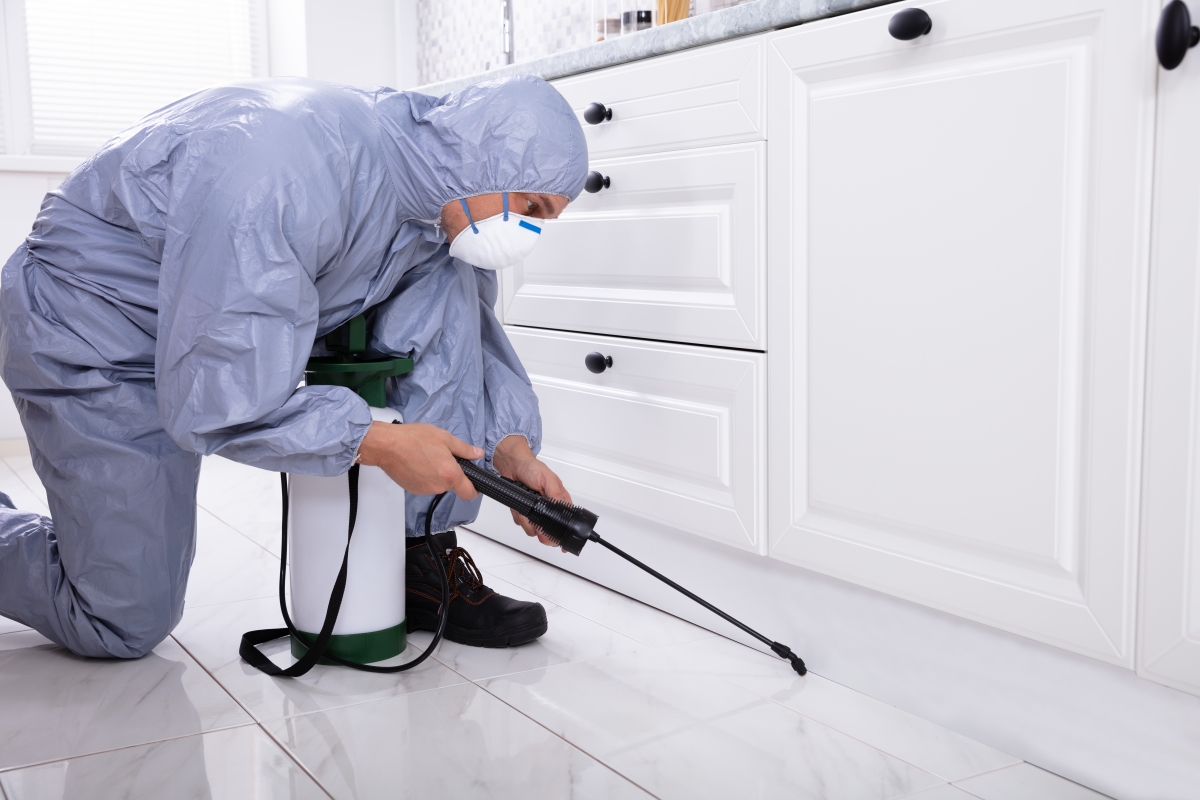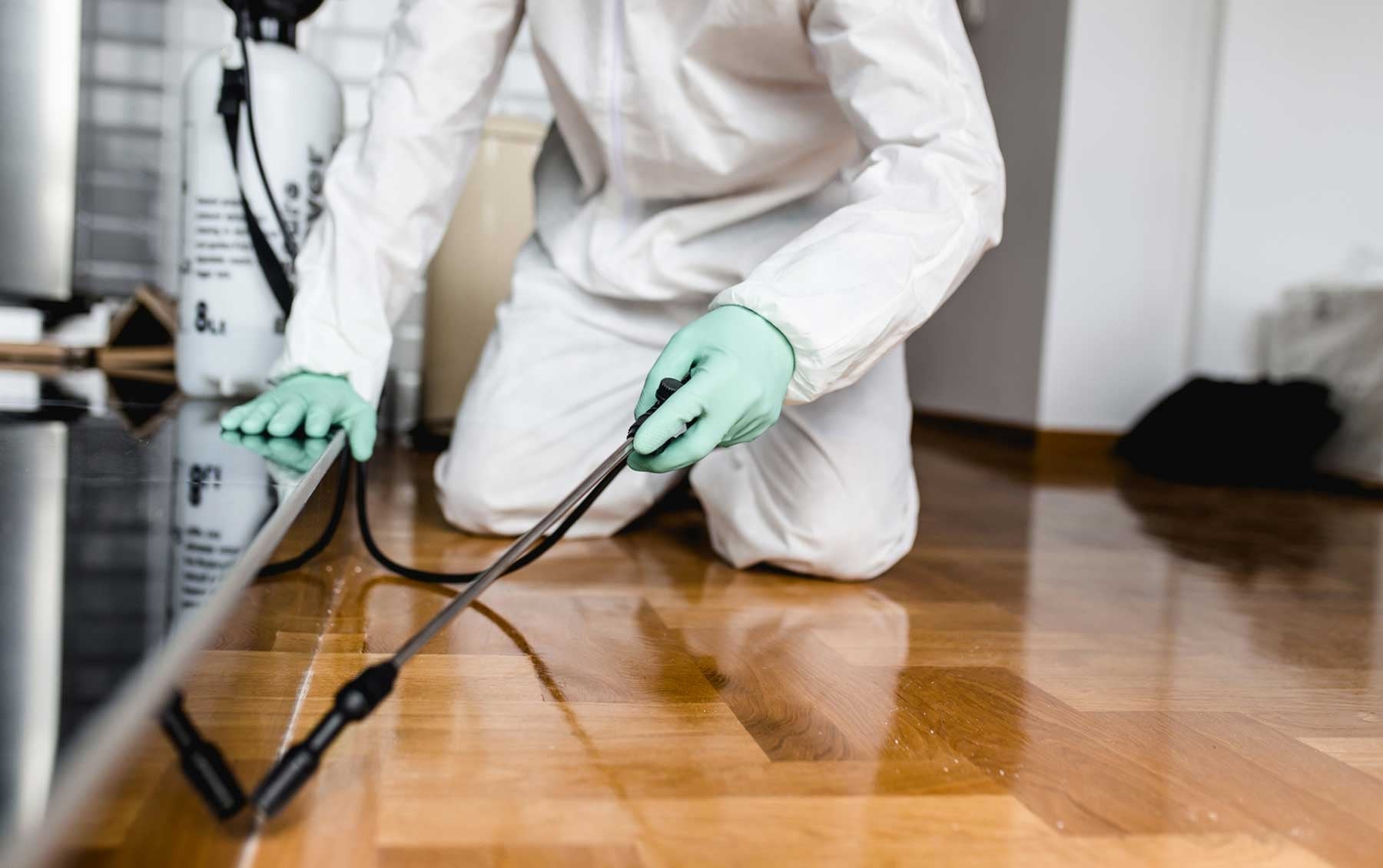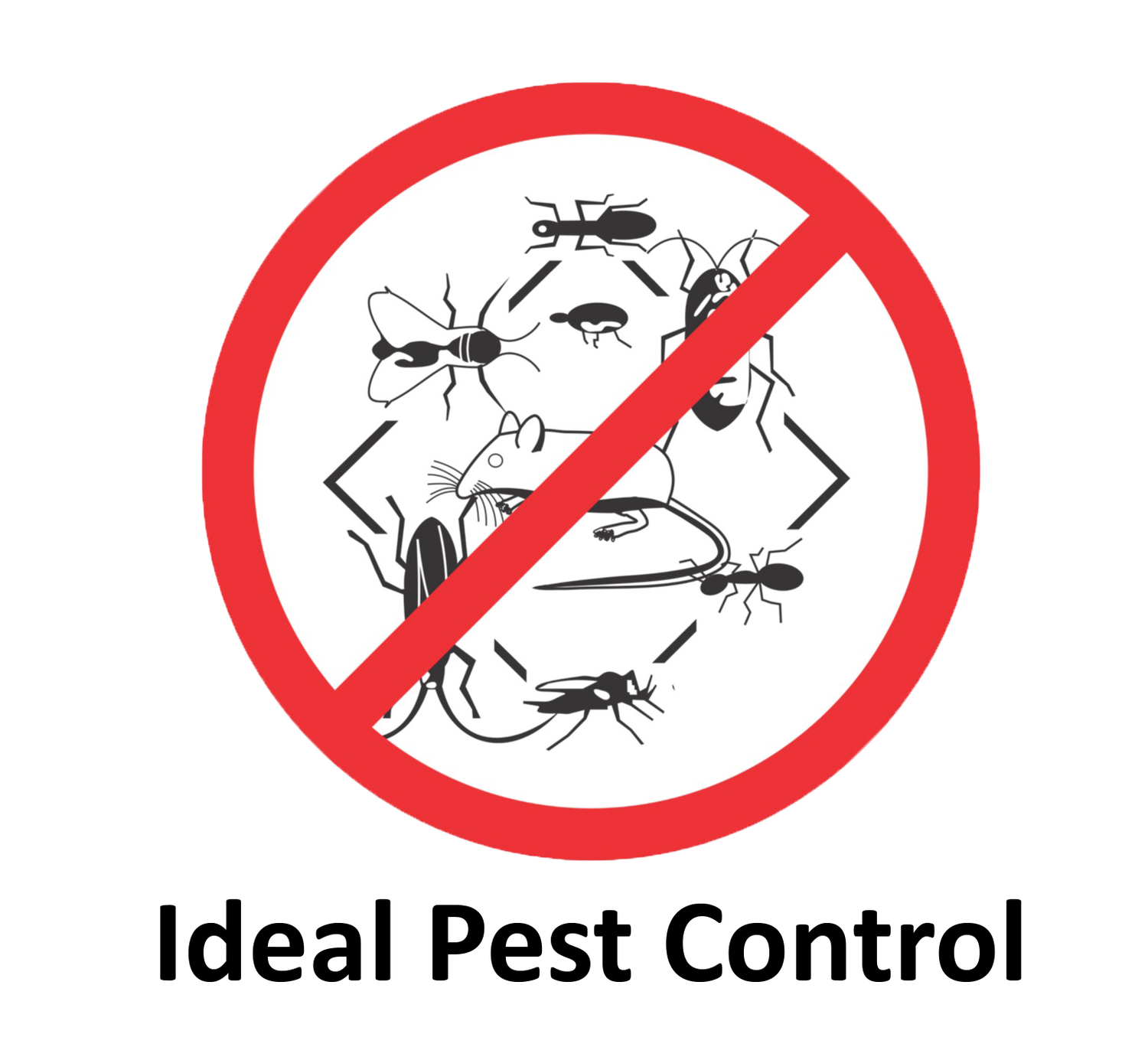Safe and Trustworthy Insect Control for Lasting Security
Effective bug management requires a complex strategy that stabilizes eco-friendly stability with the requirement for effective bug suppression. The subtleties of these approaches might not be instantly clear, triggering a closer examination of the methods that can lead to sustainable bug control results.
Comprehending Insect Control Methods
Insect control encompasses a variety of methods intended at managing and eradicating undesirable insects and rats that can threaten both wellness and property. Understanding these methods is essential for efficient pest management.
The primary classifications of bug control techniques include mechanical, organic, and chemical techniques. Mechanical methods involve physical barriers and traps to prevent pest entry and capture unwanted species. Utilizing screens on windows or using sticky traps can considerably reduce insect populaces without presenting unsafe substances - exterminator coquitlam.

Chemical insect control is commonly the most acknowledged method, utilizing pesticides to get rid of pests. These chemicals can be reliable but have to be utilized with care to prevent unfavorable effects on non-target types and the environment.
Advantages of Eco-Friendly Solutions
Just how can environmentally friendly options transform parasite control practices? The adoption of environmentally friendly bug control approaches offers various benefits, significantly improving the performance and safety of insect management (exterminator coquitlam). To start with, these solutions use natural components, reducing the dependence on unsafe chemicals that can present risks to human health and the atmosphere. This shift not just protects families and pets but also decreases the potential for dirt and water contamination.

An additional benefit is the favorable impact on neighborhood biodiversity. Green remedies are developed to target certain pests while maintaining useful insects and wild animals, promoting a well balanced ecosystem. This strategy aligns with the growing consumer demand for lasting practices, boosting the track record of insect control carriers.
Integrated Pest Monitoring Methods
The implementation of environmentally friendly solutions normally results in the adoption of Integrated Pest Management (IPM) strategies, which better boost parasite control efficacy. IPM is a holistic approach that integrates multiple tactics to take care of bug populaces while decreasing ecological impact. This technique highlights making use of organic, social, mechanical, and chemical controls, ensuring a well balanced and sustainable method of insect administration.
One fundamental aspect of IPM is the extensive analysis of pest task and ecological conditions. By keeping an eye on insect populations and recognizing their life cycles, practitioners can execute targeted treatments that interfere with the pest's habitat or lifecycle, reducing reliance on chemical pesticides. Additionally, social practices such as crop rotation and habitat control can considerably lessen parasite establishment and reproduction.
Another vital component is making use of organic control agents, such as advantageous insects or bacteria, which can naturally reduce pest populations. When chemical applications are needed, IPM prioritizes the usage of low-risk pesticides and applies them selectively, minimizing exposure to non-target organisms and people.
Including IPM methods not only enhances insect control at pest control performance however likewise promotes a much safer community, lining up with the growing need for sustainable methods in insect monitoring.
Safe Practices for Home Owners
Recognizing the importance of risk-free techniques in pest control can empower property owners to effectively take care of pest issues while guarding their health and wellness and the environment. Executing precautionary measures and non-toxic approaches is vital in minimizing direct exposure to harmful chemicals.
House owners need to first evaluate their setting for conditions that bring in parasites, such as standing food, water, and mess waste. Regularly cleansing and sealing access points can deter pests from invading the home. Using all-natural deterrents, such as essential oils or diatomaceous planet, can offer efficient alternatives to chemical pesticides.
When chemical treatments are required, homeowners ought to decide for products that are specifically classified as secure for domestic use. It is important to comply with application guidelines diligently to prevent overexposure. Moreover, utilizing targeted treatments in locations where insects are identified, instead than blanket splashing, can dramatically lower chemical usage.
Finally, maintaining open communication with pest control professionals is vital. Property owners need to ask about the security of products utilized and request eco-friendly alternatives whenever feasible. By taking on these risk-free practices, property owners can produce a healthier living setting while efficiently managing parasite problems.

Tips for Long-Term Security
Establishing a pest monitoring technique that highlights long-lasting protection can considerably boost the performance of the secure Check This Out methods formerly talked about. To achieve this, home owners ought to execute routine examinations of find out this here their property, concentrating on concealed locations such as attics, cellars, and crawl areas. Early discovery of parasite activity is crucial in avoiding infestations from taking hold.
These practices reduce attractants that attract parasites right into the home. Sealing entrance points, such as fractures around windows and doors, can effectively obstruct potential parasite accessibility.
Landscape design needs to also be considered; keeping plants trimmed and keeping a distance in between vegetation and the home decreases hiding places for insects. Utilizing natural deterrents, such as necessary oils or diatomaceous earth, can additionally inhibit problems without turning to severe chemicals.
Lastly, working together with a professional parasite control service for periodic evaluations can offer an extra layer of security. These experts can provide customized suggestions and advanced treatments, making sure that your home continues to be secured versus insects in the long term.
Verdict
In final thought, trusted and safe pest control calls for a diverse approach that highlights eco-friendly approaches and integrated parasite monitoring. By implementing all-natural deterrents, conducting regular assessments, and maintaining correct cleanliness, residential or commercial property owners can significantly reduce pest populations while securing beneficial pests and the setting. Partnership with expert pest control solutions improves the performance of these techniques, making sure customized services that supply long lasting security and satisfaction versus future infestations.
Reliable insect management needs a diverse strategy that balances ecological stability with the demand for effective parasite suppression. The fostering of eco-friendly parasite control approaches uses numerous advantages, significantly boosting the performance and security of pest administration.The application of eco-friendly options normally leads to the fostering of Integrated Parasite Administration (IPM) techniques, which additionally enhance bug control effectiveness. exterminator coquitlam. By monitoring pest populations and identifying their life cycles, practitioners can execute targeted treatments that disrupt the parasite's environment or lifecycle, minimizing reliance on chemical pesticides.In verdict, safe and trustworthy pest control calls for a complex method that stresses environmentally friendly methods and incorporated insect monitoring